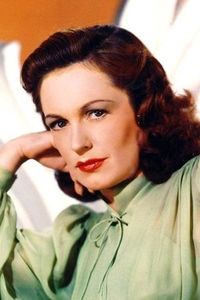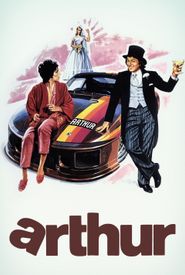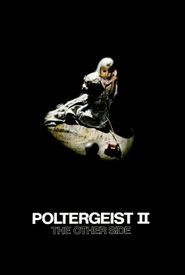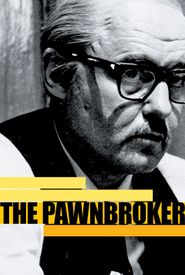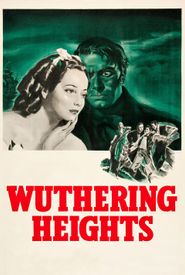Geraldine Fitzgerald was a renowned actress who had the unique distinction of co-starring with two cinematic legends, Laurence Olivier and Rodney Dangerfield, as his wife and mother-in-law respectively, making her a true Hollywood icon. Born in Dublin, Ireland on November 24, 1913, Fitzgerald began her theatrical career at the Gate Theatre in her hometown in 1932.
She made her English film debut in 1934 and went on to appear in several notable films before emigrating to New York City, where she worked with Orson Welles at the Mercury Theater. Her Broadway debut came in 1938 with Welles' production of George Bernard Shaw's "Heartbreak House". However, her connection with Welles was cut short when she was signed by Warner Bros. and moved to Hollywood.
Fitzgerald's first American film was a masterpiece, earning her a Best Supporting Actress Oscar nomination for her portrayal of Isabella in William Wyler's "Wuthering Heights". She followed this up with a supporting role in the Bette Davis film "Dark Victory". Her career was marked by a rebellious streak, which led to her being put on suspension by Warner Bros. due to her refusal to take on roles she disliked.
Despite this, Fitzgerald matured into a talented character actress, appearing in a wide range of quality films, including "Ten North Frederick", "The Pawnbroker", "Rachel, Rachel", and "Harry and Tonto". In later years, she appeared in several hit comedies, including "Arthur".
Fitzgerald also had a successful career on the stage, appearing in numerous plays on Broadway and off-Broadway, including revivals of the works of Eugene O'Neill. She received Tony Award and Drama Desk nominations for directing the play "Mass Appeal".
Geraldine Fitzgerald passed away in New York City on July 19, 2005, at the age of 91, due to complications from Alzheimer's disease.
